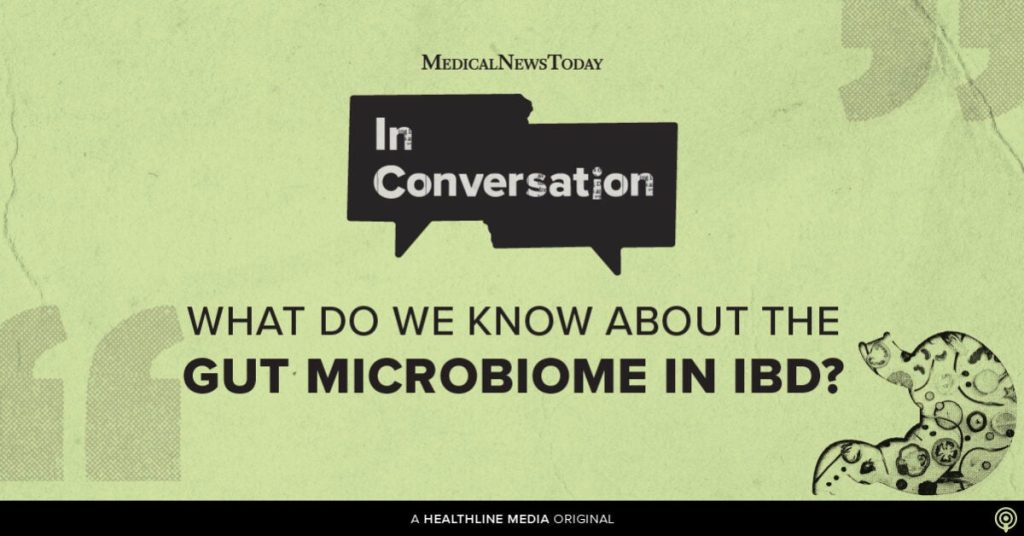Inflammatory bowel disease (IBD) is a chronic gastrointestinal condition that affects millions of people worldwide, with symptoms such as nausea, vomiting, blood in stool, diarrhea, and abdominal pain that can severely impact a person’s quality of life. Recent research has shown that individuals with IBD have unique gut microbiome compositions compared to healthy individuals, which may provide insights into potential treatments. Dr. Marcel de Zoete from UMC Utrecht, The Netherlands, discovered two new bacterial species in the intestines of people with IBD, shedding light on the underlying mechanisms of the disease.
Zosia Krajewska, who lives with ulcerative colitis, shared her experience of managing the condition through dietary and lifestyle changes in addition to medical treatments. Past studies have indicated that dietary fiber and high-sugar diets can worsen IBD symptoms, while a healthy diet rich in whole foods may help reduce the risk of developing Crohn’s disease. Researchers are investigating the role of gut immune cells in inflammation, with the goal of developing treatments that target these cells to improve outcomes for individuals with IBD.
Fecal microbiota transplantation, a procedure that involves transferring beneficial bacteria into the gut, is another potential treatment approach that is being explored for IBD. While this method is not yet widely used in clinical settings, research suggests that it may offer benefits for people with gastrointestinal disorders. Improved understanding of the causes and mechanisms of IBD is crucial for developing more effective treatments that target the root of the disease, rather than just managing symptoms.
In the United States, an estimated 2 million adults have been diagnosed with IBD, while in the United Kingdom, around 131,000 individuals are affected by the condition. Diagnosing IBD can be challenging due to overlapping symptoms with other chronic conditions, leading to delays in receiving appropriate care. Researchers are working to identify biomarkers and molecular pathways associated with IBD that could aid in early detection and personalized treatment plans for patients.
By exploring the interactions between the gut microbiome, diet, lifestyle, and immune system in the context of IBD, researchers aim to develop more targeted and effective therapies for individuals living with this challenging condition. Podcasts such as In Conversation provide a platform for experts and individuals with lived experiences of IBD to share insights and perspectives on the latest research and strategies for managing the disease. Through ongoing research and collaboration, the medical community is making strides toward improving outcomes and quality of life for people with IBD.


